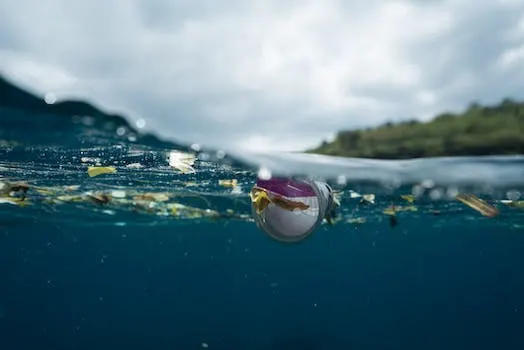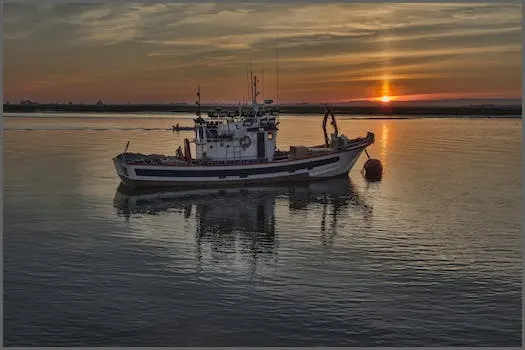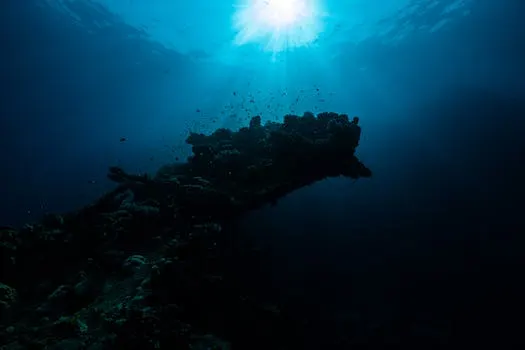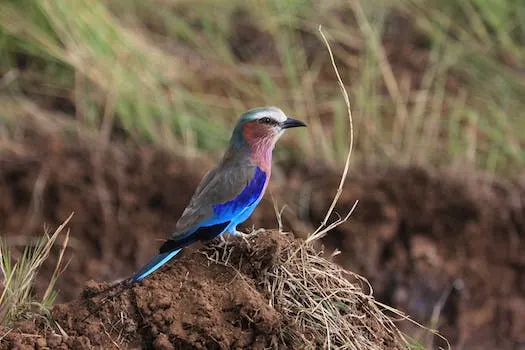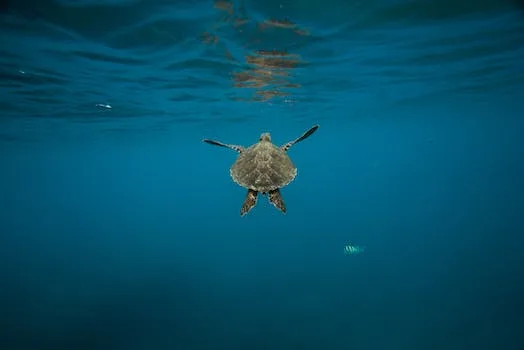
How Turtles Help Keep the Oceans Healthy
Sea turtles are an integral part of the ocean's ecosystem, playing a vital role in keeping the oceans healthy. From controlling pest populations to preserving coral reefs, sea turtles have a major impact on the health of our oceans. Sea turtles are considered a "keystone species," meaning they have an important influence on other species and their environment. They act as prey, consumer, competitor and host in marine ecosystems. Hawksbill sea turtles play an especially important role in maintaining healthy coral reefs; without them, sponges can overgrow and suffocate slow-growing corals causing them to die. Unfortunately, sea turtle populations are decreasing due to various factors such as fibropapillomas caused by a herpes virus infection which can be lethal for these animals. In this article we will explore how sea turtles help keep our oceans healthy and why it is so important that we protect them from further decline.
Turtles as Pest Control
Sea turtles are important predators that help to keep ocean food chains healthy. They feed on a variety of small marine organisms, such as jellyfish, crabs, and shrimp, which helps to regulate their population and prevent other predators from over-consuming their food sources. Sea turtles also act as grazing animals that cut the grass short and help maintain the health of sea grass beds. Green turtles mainly feed on seagrass which helps to regulate its population. In addition, leatherbacks help manage the amount of jellyfish in the ocean while hawksbills eat sponges that can damage coral reefs if left unchecked.
Sea turtles are critical contributors to healthy ecosystems and provide balance to marine food webs by controlling pest populations. By eating a variety of small marine organisms they help keep the ocean in balance and prevent other predators from over-consuming their food sources. Not only do they regulate these organisms but they also act as grazing animals that cut sea grass short and maintain its health. For example, green turtles mainly feed on seagrass while leatherbacks manage jellyfish populations in the ocean and hawksbills eat sponges that can damage coral reefs if left unchecked.
Overall, Sea Turtles play an important role in keeping oceans healthy by controlling pest populations through eating a variety of small marine organisms such as jellyfish, crabs, shrimp and seagrass while also acting as grazing animals that cut sea grass short for maintaining its healthiness. This helps them create balance within marine food webs by preventing other predators from over-consuming their food sources while also protecting coral reefs from being damaged due to unchecked sponge growths caused by hawksbills’ consumption habits.
Turtles Help Preserve Coral Reefs
Turtles play an important role in preserving coral reefs, which are essential to the health of the ocean. Coral reefs provide a safe haven for a variety of marine life, including fish, crabs, and other invertebrates. However, coral reefs are also at risk due to environmental factors such as water pollution, overfishing and climate change. Turtles help protect coral reefs by eating destructive organisms such as sea urchins that can damage and destroy them. By consuming these organisms, turtles help maintain healthy coral reefs. This area supports more than 7,000 species of fishes, invertebrates plants sea turtles birds and marine mammals. Deep water reefs or mounds provide habitat for a large variety of marine life including various sponges oysters clams crabs sea stars sea urchins and more. Green sea turtles live throughout the topics and subtropical ocean basins but visit coral reefs when they become dragged down by too many barnacles algae or other debris that accumulates on their shells over time. Corals are particularly vulnerable to climate change and inadequately protected from destructive fishing practices or other unsustainable activities which is why Marine Protected Areas (MPAs) have been established to protect them from these activities while allowing damaged areas to recover over time. Coral reef ecosystems are incredibly biodiverse with one-quarter of all ocean species depending on them for food shelter breeding grounds nursery grounds spawning grounds refuge from predators or just places to rest during migration cycles making it essential that we do our part in protecting them so they can continue providing us with all their benefits into the future!
Turtles Help Clean the Ocean
Turtles play an important role in keeping the ocean healthy by helping to clean it. As they forage for food, turtles ingest pollutants such as plastic and other debris, which helps to filter out these pollutants from the environment. Juvenile green turtles are particularly affected by marine debris, making it even more important to reduce plastic pollution in our daily lives. Education is key when it comes to solving marine pollution and protecting sea turtles. We can get actively involved by volunteering on Sea Turtle Conservation projects or reducing plastic waste in our own lives. Studies have been conducted on loggerhead sea turtles (Caretta caretta) across various ocean basins including the Mediterranean Sea, Adriatic Sea, Central Mediterranean and Tyrrhenian Sea (Tuscany coast). The results of these studies showed that the turtles responded positively to odors of food but ignored scents of clean plastic and water. This highlights how much of a problem plastic pollution is becoming in our oceans as thousands of sea turtles, whales and other marine mammals die each year due to ingestion or entanglement with plastics. It is essential that we take action now if we want to protect our oceans from further damage caused by this type of pollution.
Conclusion
Sea turtles are an essential part of the ocean's health, and they play a crucial role in keeping it healthy. From controlling pest populations to preserving coral reefs, sea turtles do a lot to maintain a healthy ocean ecosystem. They act as keystone species, influencing other species and contributing to biodiversity. Sea turtles also help maintain the health of sea grass beds by grazing on them and cutting them short. Additionally, they regulate populations of small marine organisms and filter out pollutants from the water. Furthermore, they transport essential nutrients from the oceans to beaches and coastal dunes which helps keep these areas healthy as well. The next time you think of sea turtles remember that their presence is vital for maintaining a healthy ocean environment for all its inhabitants.
